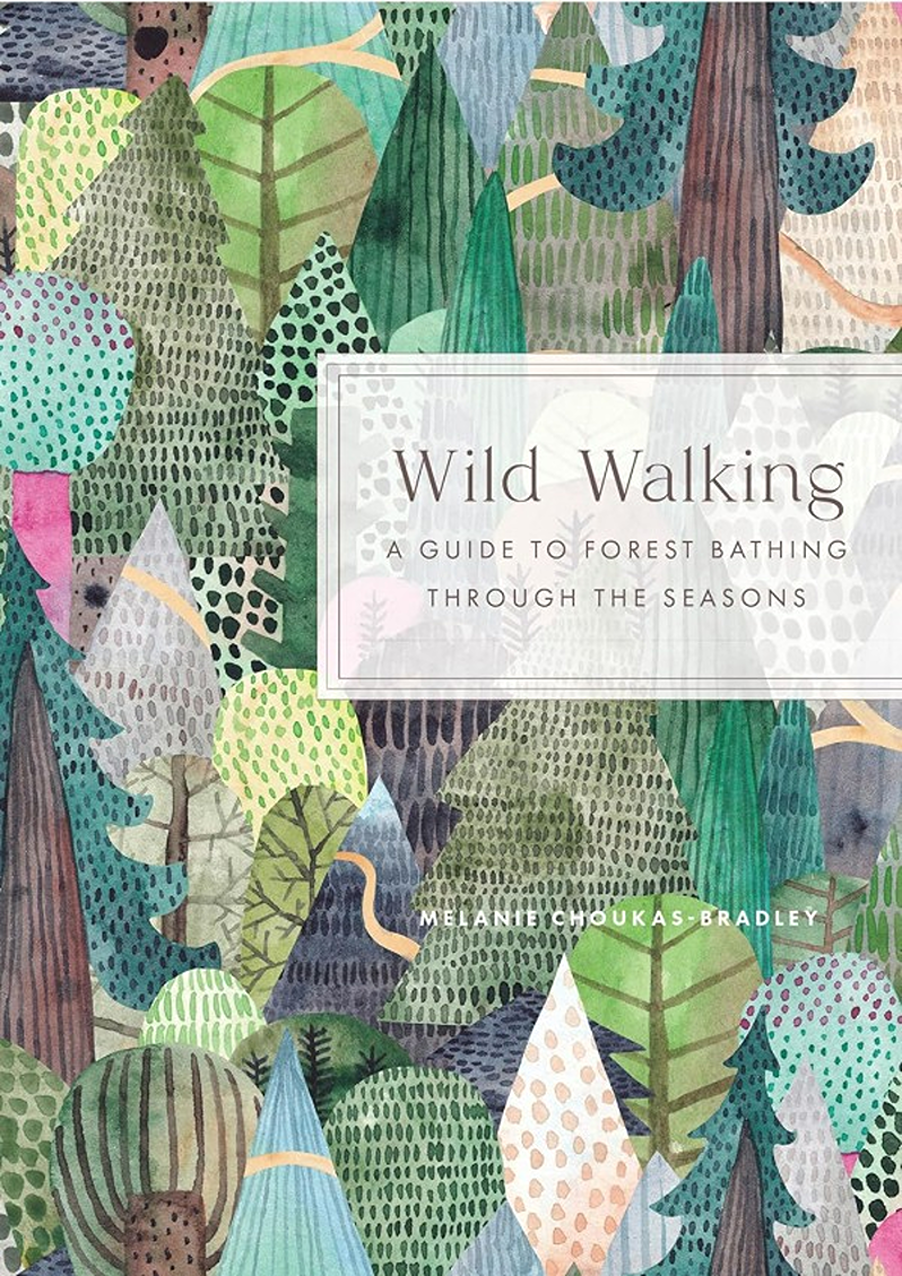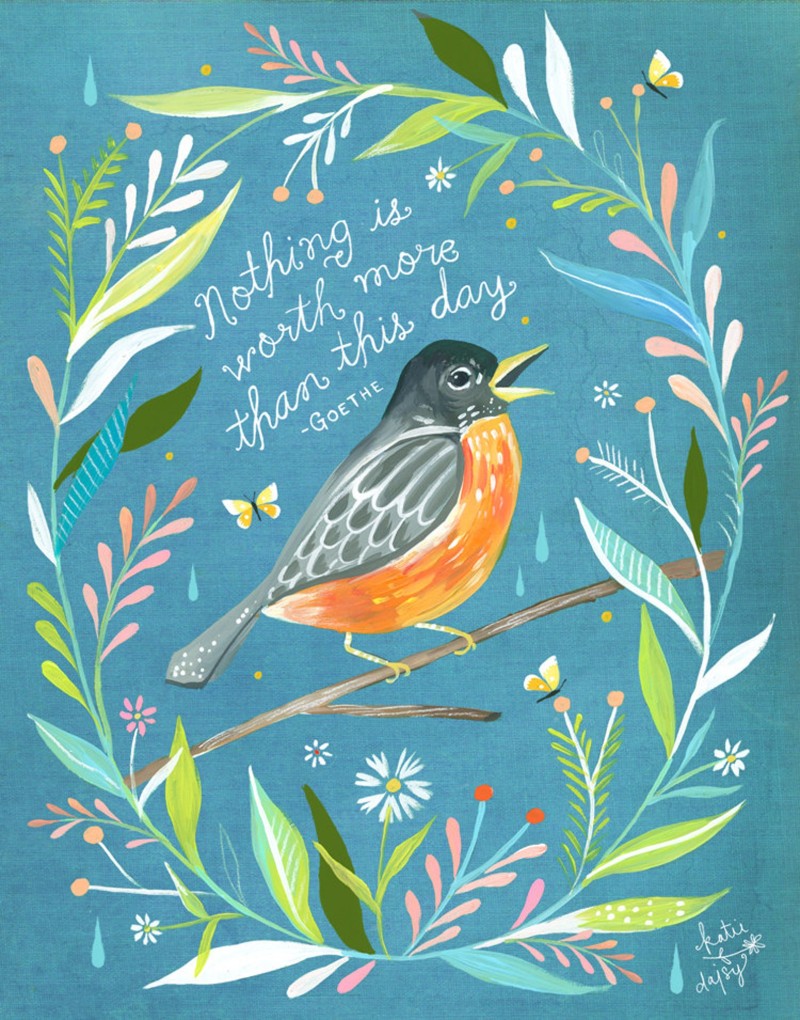How Walking in Nature Helps Mental Health

The mental health benefits of walking are well-documented. One of the best things to do if you feel stressed, is simply to go for a walk. And even better, a walk in nature. Also read the post on how to become a volunteer dog walker.
… I withdraw, you see. I withdraw from the campaigning and the marching, I withdraw from the arguing and the talked-up necessity and all of the false assumptions. I withdraw from the words. I am leaving. I am going to go out walking. Paul Kingsnorth
Walking can help you stop your thoughts, and just focus on putting one foot in front of the other. If you walk in nature, you are helped along by the rustle of trees and the sound of birdsong. You don’t need to travel far. And you need no expensive fitness clothing.
Anxiety is a huge mental health issue these days. Now we’ve lost our ‘fight or flight’ lifestyle, often the pent-up energy has nowhere to go, and we are left feeling on edge. From mild anxiety to generalised anxiety disorder (carrying around a big bag of worries that never seems to get lighter, and feeling anxious over the smallest things).
Some people get panic disorder (feeling in danger, but there’s nothing to run from). And social anxiety disorder (a fear of being in social situations). That’s fine. But don’t stay home. Walk!
How to Walk Your Way to Wellness

Walking for Mind, Body and Soul is an inspiring book, to help you embark on a journey of wellbeing, through the transformative act of walking. Our fast-paced and technology-driven world has led us to lose touch with our deep connection to nature.
But walking in the natural world can lead to enriching your soul and good mental health.
Reap the therapeutic wonders of putting one foot in front of the other, by empowering you to harness the present moment, and foster a profound sense of inner peace. Bursting with practical tips, this book will help you:
- Explore the physical benefits of walking
- Discover the sensory wonder, that unfold with each step
- Unlock the secrets of walking, for inner peace
Overcoming Barriers to Walking

Walking is a simple, yet powerful way to boost your mental health. But, let’s face it: life throws up hurdles sometimes. How can you make walking a regular part of your routine despite these challenges? Here are some common barriers and practical tips to overcome them.
Weather can be unpredictable. One day it’s sunny; the next day, it’s pouring rain. Don’t let this stop you from enjoying the benefits of walking:
- Rainy Days: Gear up with a waterproof jacket and shoes. Embrace the fresh, earthy scent of rain and enjoy the sound of raindrops as you walk.
- Sunny Days: Wear light clothing, a hat, and don’t forget sunscreen. Walk early in the morning or later in the evening to escape the heat.
- Cold Weather: Layer up! Start with thermal wear and cover it with a windbreaker. Cold air can invigorate you, making each breath feel like a fresh start.
- Windy Conditions: Choose a route with natural windbreaks like trees or buildings, and wear wind-resistant clothing.
Safe locations are also vital. Aim for well-lit, populated areas and choose paths familiar to you. Urban parks or suburban trails can be great choices.
Time Constraints
- Micro Walks: Short on time? Take several 10-minute walks throughout your day. These quick bursts can be as effective for your wellbeing as a longer walk.
- Walk with Purpose: Turn your everyday errands into opportunities. Walk to the local shop or stroll to a friend’s house. Every step counts.
- Integrate Walking into Your Routine: Make walking part of your daily rituals. Walk during your lunch break, or take the stairs instead of the lift.
- Schedule Walking Time: Treat walking as a vital appointment. Pencil it into your diary and treat it with the importance it deserves.
Books to Help You Deal with Anxiety

How to Understand & Deal with Health Anxiety is a super book by a qualified psychologist, beautifully laid out for anyone who needs help, with practical tips to get you through bad days, and how to help yourself and others.
Katy Georgiou is a practicing psychotherapist (and former Samaritan lister) who has worked in NHS NHS psychiatric hospitals and in HM government prisons.
Download free meditations from Harbour Hypnotherapy.

Overcome Don’t Overthink is a simple guide to help anyone who needs help to quieten racing thoughts. Everyone worries sometimes. But if you find that you constant overthink every moment of your day and question every decision, this book can help.
Learn how your thoughts, feelings and behaviours interact and affect each other, and know where to find further help if needed. The author says you may be over-thinking if any of these apply:
- Thinking on problems, that you neglect other areas of life
- Thinking of all the worst-case scenarios
- Finding it difficult to relax
- A constant feeling of worry & anxiety
- Fixating on things that are outside of your control
- Feeling mentally exhausted
- Thinking ‘why does it always happen to me?’
- Replaying a situation in your mind
- Second-guessing your decisions
- Worrying about the future
If this sounds like you, don’t panic! You can break free from this negative thought spiral. You’ll just need a little patience and some tips to help you look at life’s challenges in a more positive way.
Sam Cooper is a writer, chef and gardener who focuses on seasoning eating. Growing up in Shropshire, he studied art and illustration in Wales, where he now develops menus that showcase organic Welsh fresh produce.
How to Live in the Moment: Practical Steps

Being present isn’t just a trend. It helps with focus, stress, and even happiness. Life pulls your attention in many directions, but learning to stay in the moment can help you enjoy life more and cut anxiety.
Here’s how to live in the moment in real ways anyone can try. Each tip can help you pay attention to what matters most—right now.
People wait all week for Friday, all year for summer, all life for happiness. Abhysheq Shukla
Never allow waiting to become a habit. Live your dreams and take risks. Life is happening now. Paulo Coelho
‘What day is it?’ asked Pooh. ‘It’s today’, squeaked Piglet. ‘My favourite day’, said Pooh. A A Milne
Start by Noticing Your Surroundings
Pay close attention to where you are. Take a slow look around the room, the street, or wherever you find yourself. Notice small details: the colour of the walls, the sounds in the background, or the smell of fresh air. This gets your senses involved and brings your mind back to the present.
Focus on Your Breathing
Take a moment to notice your breath. Breathe in slowly and let it out just as slow. Follow how your chest rises and falls. Focusing on your breath pulls your mind away from worries and puts your attention on what’s happening right now. If your mind drifts, gently return to your breathing.
Limit Distractions
Put your phone on silent or leave it in another room. Turn off the TV or shut down unnecessary tabs on your computer. When there’s less noise and fewer interruptions, it’s easier to keep your mind in the present and enjoy what you’re doing.
Give Full Attention to One Task
Do one thing at a time. If you’re eating, notice the taste of your food. If you’re speaking with a friend, listen and respond without thinking ahead.
Multitasking splits your attention, making it harder to enjoy what’s happening now. Single-tasking lets you get more from each moment.
Notice Your Body
Check in with yourself. Are your shoulders tense? Is your jaw tight? Notice how you sit or stand. Relax areas that feel tense. Being aware of your body grounds you and brings your focus back to what’s real and present.
Practise Gratitude
Think about what you’re grateful for right now. It might be a comfy chair, a tasty meal, or a friend’s message. By focusing on what’s good in the moment, you build a habit of seeing value in everyday life. This simple step can boost your mood and help you stay present.
Accept Your Feelings
It’s normal to have big feelings or worries. Notice them without judging yourself. You can say to yourself, “I’m feeling stressed right now.”
Naming your feelings helps your brain deal with them. You don’t need to push them away, just let them come and go.
Take Breaks and Pause
Every so often, stop what you’re doing and take a short pause. Even just one minute to stand up, stretch, or look outside can refresh your mind.
Pausing helps you reset your focus and come back to the moment with more energy.
Spend Time in Nature
Go outside when you can. Notice the trees, the sky, or the feeling of wind on your skin. Nature pulls your attention away from screens and schedules. Even a short walk in a park or garden can centre your mind and help you feel more present.






